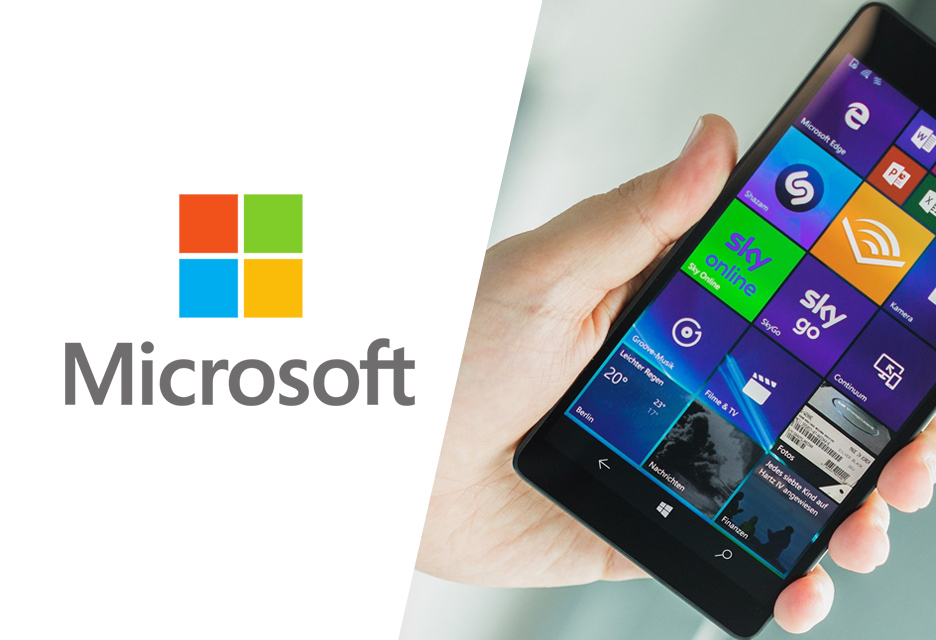How the Microsoft Phone Scam Works
The Microsoft phone scam, (AKA Microsoft callers) and other tech support scams have been going on since 2009. Unscrupulous cybercriminals have built a multi-million-dollar industry by preying on everyday consumers and PC users by impersonating tech support. The reason they get away with it is because many people are unaware and uninformed. Don’t be a victim to tech support scammers – read on to protect yourself!
The Microsoft phone scam: how it works
“Hello, we are calling from Microsoft Tech Support. Your computer is infected with a dangerous new virus…”
Have you ever received a call like this? If you do, hang up immediately – it’s the Microsoft phone scam.
They contact you first – by phone, or via your PC
The fake tech support scammer will call you unexpectedly. The caller will identify themselves as an employee from a big-name company, such as Microsoft or Apple. Usually, they will tell you they are highly certified experts, maybe throwing around terms like “Microsoft Certified Technician” or similar.
Alternatively you may see on-screen messages in the form of pop-up notifications in either a corner of your screen, or in your web browser. The message will warn you of some horrendous issue or threat, and demand you call them now. They pretend you must call for your safety and to get the “problem” fixed.
AnyTech365 will never call you – unless you ask us to of course! While we do have a growing number of Microsoft Certified Professionals, it is considered gross misconduct for any employee to claim they are certified if they are not, or to claim that the company is certified… or in fact to be dishonest or act unethically in any way. Click here to learn more about our dedicated compliance department and how AnyTech365 protects customers and ensures high-quality service.
They’ll tell you that it’s “A bad virus” or your PC is “Sending out errors to other people”
The tech support scammer will make up a problem, or try to misrepresent the “problems” found on your PC. Or they will try to convince you that you are harming people, knowing that no-one wants to negatively affect others. It’s designed to scare you or trigger your empathy response. Even if you don’t completely understand the mechanisms of a virus, or malware, or spyware, or ransomware, or scareware – you know you don’t want one, and that you don’t want to “infect” others. But the Tech support scammers will not let go that easy.
AnyTech365 is the first European company Certified by AppEsteem. Cybersecurity veterans from Microsoft started AppEsteem to protect consumers. You can learn more about the AppEsteem Certification and what it means here. You will see AnyTech365 listed on AppEsteem’s website, as part of the Better World Network.

Tech support scammers will push you into giving them access to your computer.
The tech support scammer will either convince you to download malware, or to download legitimate remote access software such as TeamViewer. TeamViewer is actually used by AnyTech365 and other legitimate tech support services. The difference is that tech support scammers will then download malware directly onto your PC. They may also use phony “antivirus” or PC cleaning tools which give fake results to convince you that you have really bad problems on your PC.
AnyTech365 has an ongoing professional relationship with TeamViewer: we use a branded version of their software, and we feature on the official TeamViewer website.
The tech support scammers then demand payment to clean the fake errors.
Once you are convinced they are from a legitimate company, that they’re a certified expert, and that your PC has big problems, they then provide the “solution”: pay them! They’ll claim you need their “security” or “cleaning” product. The software is usually malware that will steal your data. Or just junk that will cause more problems in the future. so they can contact you again with the Microsoft phone scam and some will even bully or threaten you to try and separate you from your money.
AnyTech365 has earned an EXCELLENT TrustScore from 1000s of happy customers on the independent consumer review website Trustpilot.com, thanks to our high-quality and helpful service.
What to do if you receive a tech support scam call
- Get rid of the tech support scam caller as soon as possible. It’s not a legitimate call. Ideally, just hang up at this point.
- Never give any personal information during any unsolicited call. And certainly, never give out your bank details or credit card information.
- Never let an unsolicited “technician” or stranger guide your PC or Internet activity. Do not change any settings, or download any software they suggest.
- Report the tech support scam. Contact your local police for instructions of where to report scammers where you live.
- Run a full computer scan with up-to-date and fully featured security software. Make sure that your computer, antivirus, firewall, and other software are all updated.
We hope you liked reading about how the Microsoft Phone scam works.
If you have any questions, concerns, or would like information or advice, you can get in touch with us at any time and we will gladly help you, give you peace of mind, and ensure you are fully protected.

